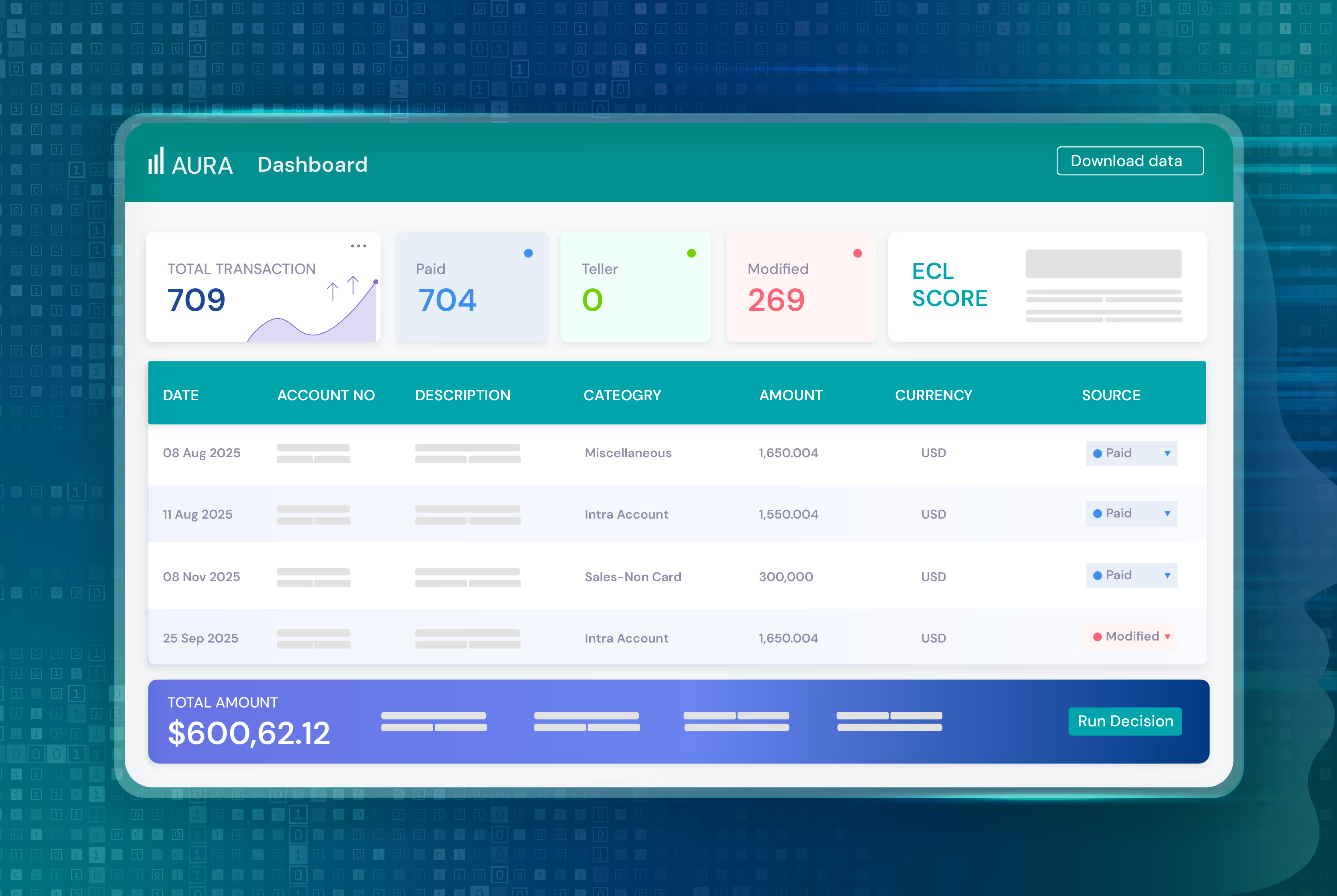How to Vet a Capital Partner: Red Flags, Green Flags, and Questions to Ask

2 mins
When you bring on a capital partner, you’re entering into a new relationship that can influence your company’s culture, strategy, and ultimate direction. Choose wisely, and it’s “the beginning of a beautiful friendship.” Choose poorly, and you might be worse off than having no partner at all.
You expect an investor or lender to come prepared with their own set of questions and due diligence checklists. As a founder, you can and should bring the same level of rigor to vetting a capital partner. This guide will help you maintain control as you pursue outside capital so that you can identify key warning signs, positive indicators, and prepare essential questions to ask any potential capital partner.
Red Flags You Can’t Afford to Miss
Identifying a bad fit early on can save years of conflict and frustration. Certain behaviors and conditions are immediate warning signs that a partnership is not in your best interest.
Lack of Transparency and Communication
Whether you’re pursuing equity funding or non-dilutive capital, transparency is key. If a potential investor seems to be withholding information, is difficult to reach, or asks for blind trust without sharing essential details, consider it a serious red flag. Be wary of firms that present overly complex or "off-market" deal structures without a clear explanation. Similarly, an unwillingness or inability to communicate effectively and consistently during the initial discussions signals a fundamental lack of respect for your time and business. The partnership will last for years, and poor communication now is a harbinger of future conflict.
Misaligned Values and Vision
A capital partner who sees your business as "just dollar signs" will not prioritize the well-being of your team or its core culture. A significant warning is a firm that expresses a desire to "remake everything" about your business, especially if there are core elements you wish to preserve. A clash in core values will lead to intractable conflict down the road, particularly if they are not willing to get to know you or your business beyond the numbers. The best partners recognize and support the company's heritage, culture, and team, viewing themselves as an extension of your existing leadership.
Absence of Relevant Experience
A capital partner should have a proven history of working with founder-led companies and a deep understanding of your specific industry. Without this knowledge, they may be unable to provide meaningful strategic input and could create unnecessary obstacles during the deal process. This is especially important for global SaaS companies that may need to access capital in multiple currencies and need a capital partner that is experienced in multi-market SaaS.
Vague or Unconventional Deal Structures
Be cautious of any potential partner who requires you to sign a non-disclosure agreement (NDA) for an initial conversation. The most confident and transparent firms will be able to discuss their process openly, without requiring unnecessary legal hurdles or making you pry for information about your company’s current situation.
While your idea might feel like your “special sauce,” what matters most is your ability to execute on a scalable business model. A venture capital or equity investing firm that is more concerned with protecting a concept than with your business plan may not be the right fit.
Green Flags That Signal Strong Partnership
Just like there are warning signs, there are also powerful indicators of a healthy, productive partnership. Look for a capital partner who will help you thrive, not just survive.
A Proven Track Record
The best indicator of future behavior is past performance. Look for an equity investor or financing partner that has a proven track record for success. Look for case studies and concrete evidence that they have helped founders like you meet their growth goals.
Strategic, Not Just Financial, Support
“Smart capital” is often the best capital. A capital partner who can offer tangible support. Look for a capital partner who offers mentorship support and can help you keep your runway sharp and visible, map the right timing for the next raise, and spot the growth levers that matter when resources are tight.
Sanaa Himani just joined ECL as Head of Portfolio Management and is working to do all that and more. Think of her as your steady voice in the noise.
Genuine Interest in Founder Success
An ideal capital partner knows that your success is their success, and they show interest in your business beyond pure financials. For an equity investor, that might look like taking the time to understand your business, its people, and its mission. For a non-dilutive capital partner, that might look like providing additional resources to help you strengthen your business.
Essential Questions to Ask a Potential Capital Partner
- Who will I actually be working with?
- What does control look like after the deal?
- What kind of support can I expect beyond capital?
- Can you introduce me to other founders in your portfolio?
- What is your preferred exit strategy and timeline?
- Do you have any concerns that you’d like me to address?
The Partnership You Deserve
At ECL, we’re in the corner of SaaS founders. We’ve helped more than 200 founders access non-dilutive financing, enabling them to achieve sustainable growth. Our help doesn’t stop at funding that arrives in as little as 72 hours (after a decision is made). We’re here to help give you the tools to raise smarter and faster.


